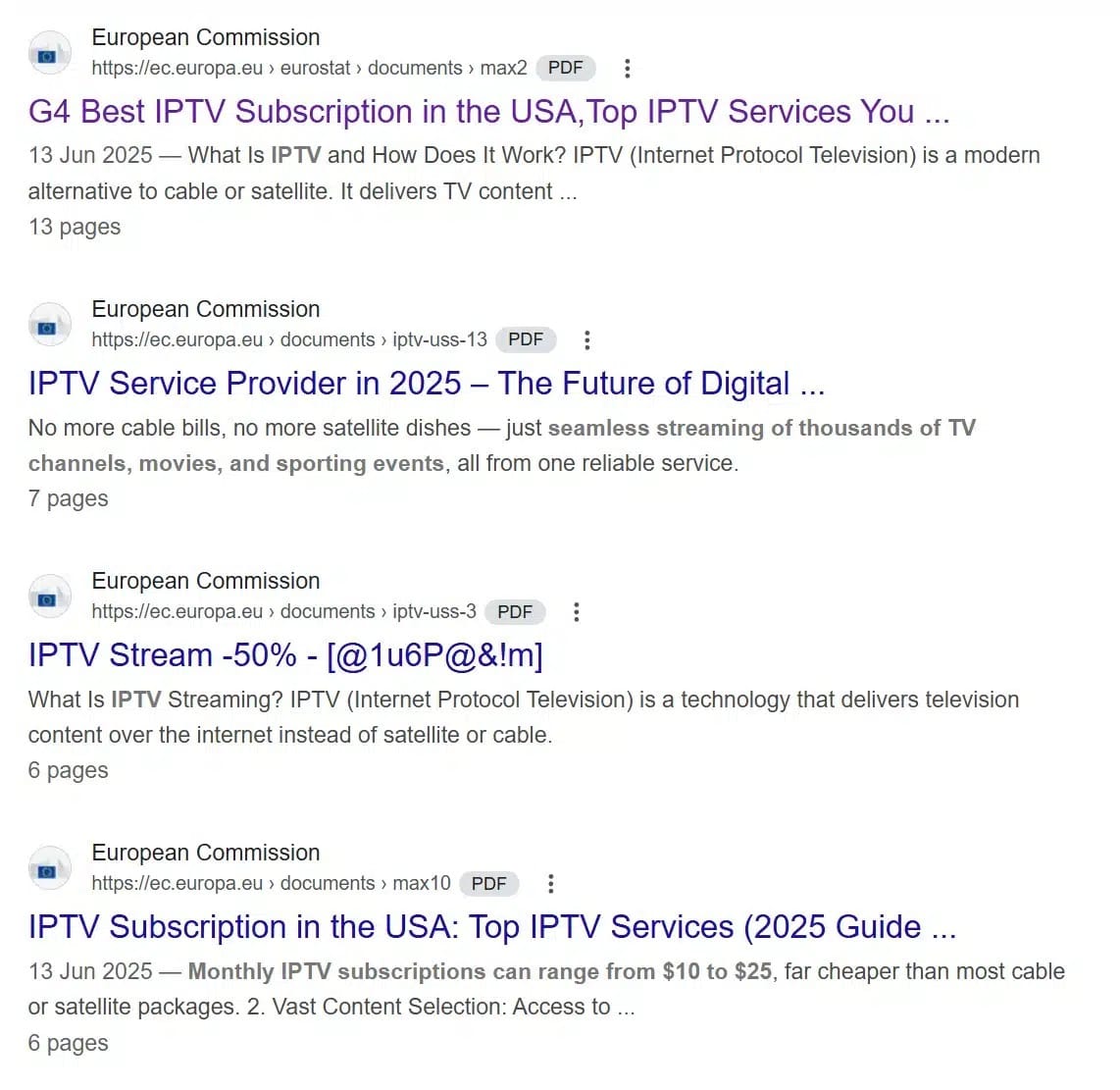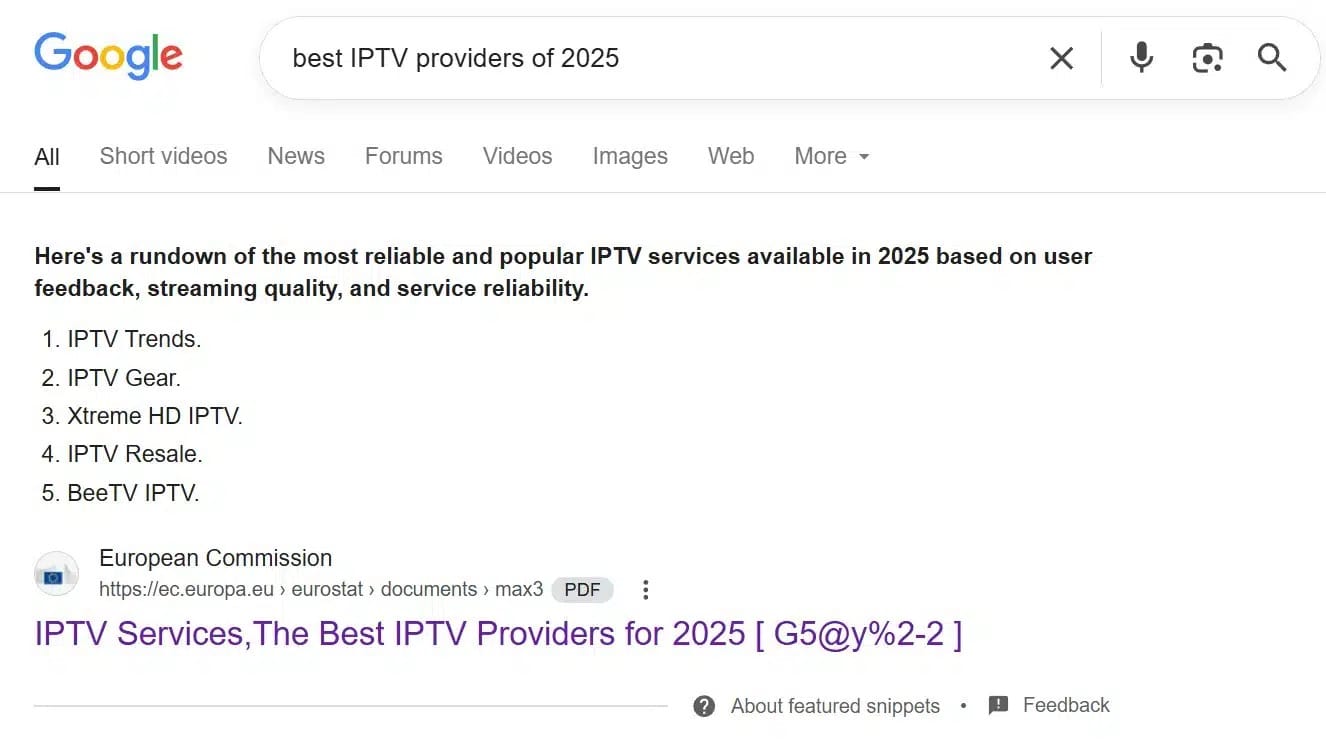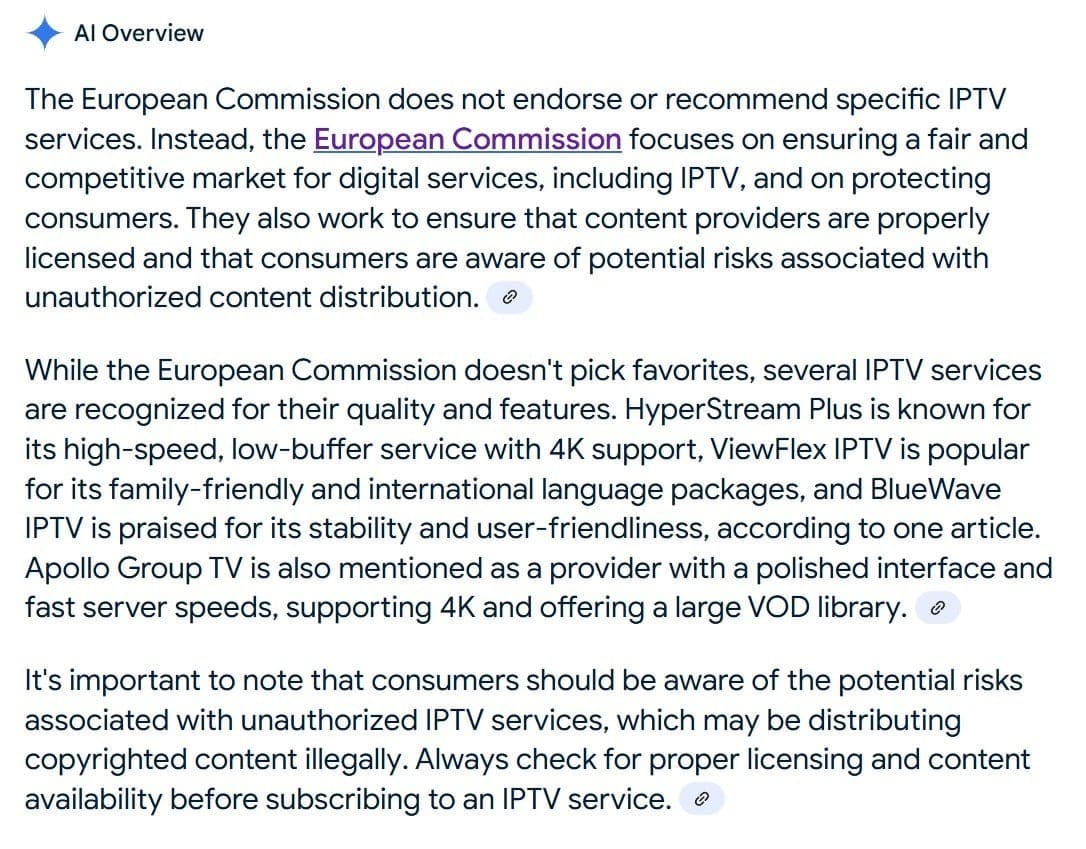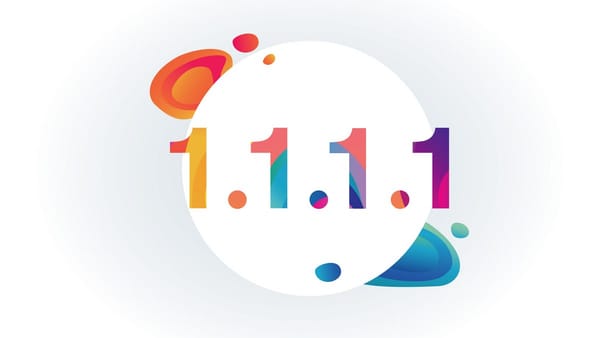Pirate IPTV Services Advertised on Eurostat’s Official Website

In a bizarre and troubling incident, pirate IPTV services were promoted via Eurostat’s official website, raising questions about platform security and how easily AI systems can be misled. Eurostat, the European Union’s statistical office, is closely tied to the European Commission—making the scam especially jarring.
A Sophisticated SEO Scam
According to reporting from TorrentFreak, unknown actors exploited Eurostat’s website to upload PDFs promoting unverified IPTV services, such as "PortugueseIPTV[.]pt." The documents were designed to rank high in search engine results for keywords like “best IPTV providers 2025.”
Even more alarming, AI systems—relying on seemingly authoritative sources—began citing the documents as if they reflected official EU recommendations.
The tactic is a classic black hat SEO trick: use the credibility of a trusted platform to boost fraudulent links, inflate visibility, and trick both search engines and users.

How It Was Discovered
The issue surfaced during a review of the EU’s 4th Counterfeit and Piracy Watch List, which highlights known pirate services operating outside EU jurisdiction. That report flagged IPTV providers like VolkaIPTV, GenIPTV, and King365TV as examples of a much broader problem.
“There are likely thousands of pirate apps and IPTV services worldwide,” the report noted. “The pirate IPTV landscape is complex and hard to penetrate, often involving multi-layered redistribution and reselling.”
But separate from the report itself, journalists noticed a PDF titled "Best IPTV Services 2025" hosted on Eurostat’s domain. The document included:
- A “Start Now” button linking to a suspicious IPTV provider
- Promises of access to 18,000 live channels and 98,000 VOD movies, including Netflix, Disney+, Premier League, and the NFL
- A subscription price of under $60 per year—an obvious red flag
Further digging revealed that multiple similar PDFs had been uploaded in the prior two weeks, each pushing different IPTV services.

Exploiting Trust and Algorithmic Assumptions
While abusing high-authority domains for SEO scams isn’t new, this incident is notable for its combination of:
- Government affiliation (Eurostat is part of the European Commission’s infrastructure)
- AI misinterpretation, with some systems presenting the PDFs as official EU guidance
- High search engine placement, with one of the PDFs ranking #1 on Google for key IPTV-related queries
This isn’t just a technical loophole—it’s a trust exploit, targeting users who assume that content on official websites is legitimate.

Official Response and Removal
After TorrentFreak notified Eurostat of the abuse, the PDFs were promptly removed, and officials confirmed the issue had been resolved. However, the incident underscores the broader risks of open or poorly monitored file upload systems, especially on government or institutional platforms.

Key Takeaways
- Scammers are increasingly targeting trusted domains to host fraudulent content and boost search visibility.
- AI systems can unintentionally amplify such scams by interpreting manipulated content as credible.
- Consumers should be cautious of IPTV offers that seem too good to be true—especially those linked from unlikely or official-looking sources.
As this incident shows, even the most reputable platforms can be hijacked, and without vigilant oversight, both search engines and AI tools can become unwitting enablers of fraud.
Stay tuned for updates on digital trust, platform abuse, and emerging scams in the AI era.




